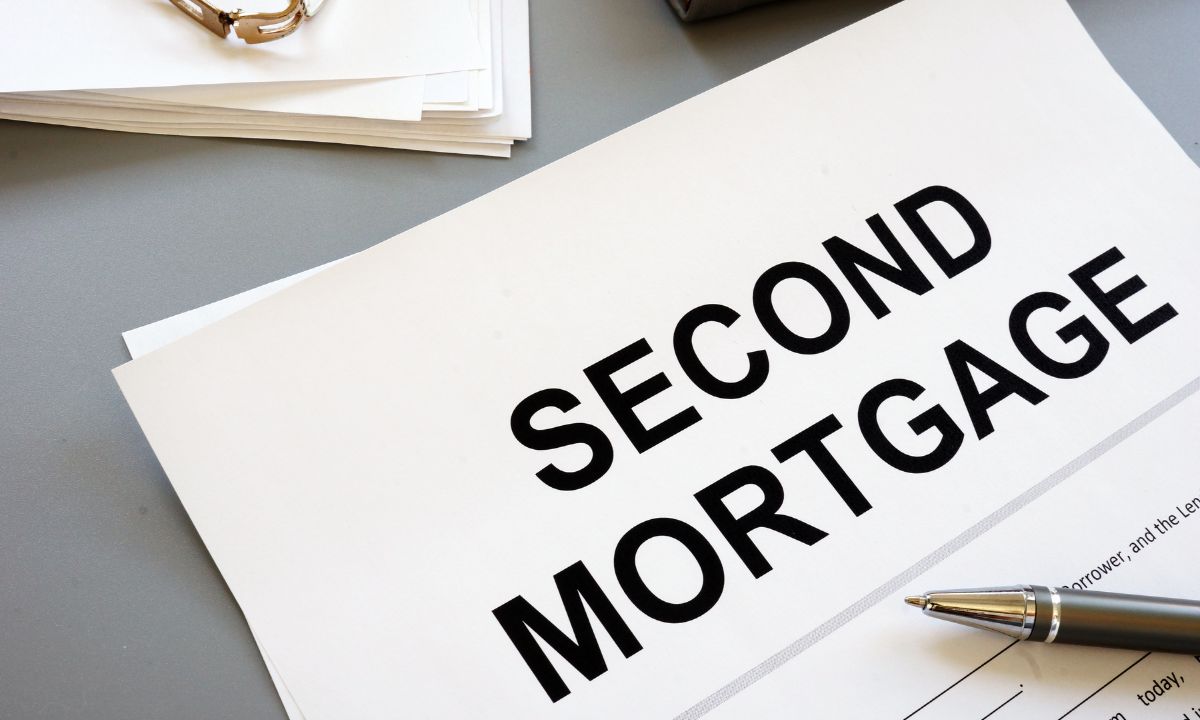 In the realm of personal finance, the term “second mortgage” often emerges as a solution for homeowners seeking additional funds. But what exactly are second mortgages, and how do they work? Join us as we embark on a journey to unravel the basics of second mortgages, helping you make informed decisions about your financial future.
In the realm of personal finance, the term “second mortgage” often emerges as a solution for homeowners seeking additional funds. But what exactly are second mortgages, and how do they work? Join us as we embark on a journey to unravel the basics of second mortgages, helping you make informed decisions about your financial future.
What Exactly is a Second Mortgage?
A second mortgage, as the name implies, is a secondary loan secured against your property, in addition to your primary mortgage. It allows homeowners to tap into the equity they’ve built up in their homes over time. Equity is the difference between the market value of your home and the outstanding balance on your mortgage.
Types of Second Mortgages
There are two primary types of second mortgages:
Home Equity Loans: With a home equity loan, you receive a lump sum of money upfront, and you repay it over time with fixed monthly payments. The interest rates on home equity loans are typically fixed, providing predictability in your repayment schedule.
Home Equity Lines of Credit (HELOCs): HELOCs function more like credit cards, allowing you to borrow against your home’s equity as needed, up to a predetermined credit limit. Interest rates on HELOCs can be variable, meaning they may fluctuate over time based on market conditions.
Understanding the Benefits
Second mortgages offer several advantages:
Access to Funds: Whether you’re renovating your home, consolidating debt, covering medical expenses, or funding a major purchase, second mortgages provide access to funds at relatively lower interest rates compared to other types of loans.
Potential Tax Benefits: In some cases, the interest paid on a second mortgage may be tax deductible, depending on the purpose of the loan and current tax laws. Consult with a tax advisor to explore potential tax advantages.
Flexible Repayment Options: With options like home equity loans and HELOCs, homeowners have the flexibility to choose a repayment structure that aligns with their financial goals and budgetary constraints.
Risks and Considerations
While second mortgages can be valuable financial tools, they also come with risks:
Added Debt Burden: Taking out a second mortgage increases your overall debt obligation, which could strain your finances if not managed responsibly.
Risk of Foreclosure: Just like your primary mortgage, failure to repay a second mortgage could result in foreclosure, putting your home at risk.
Variable Interest Rates: If you opt for a HELOC with a variable interest rate, be prepared for potential fluctuations in your monthly payments, which could impact your budget.
Is a Second Mortgage Right for You?
Before pursuing a second mortgage, carefully assess your financial situation and objectives. Consider the following questions:
· Do you have a clear plan for how you’ll use the funds from the second mortgage?
· Are you confident in your ability to make additional monthly payments?
· Have you explored alternative financing options, such as personal loans or credit cards, and compared their terms with those of a second mortgage?
Second mortgages can be powerful financial tools for homeowners seeking to leverage their home equity. However, they require careful consideration and diligent financial planning to ensure they align with your long-term goals and financial well-being. By understanding the basics of second mortgages and weighing the associated benefits and risks, you can make informed decisions that pave the way toward a more secure financial future. Remember, always seek guidance from qualified financial professionals before making significant financial commitments.
ShareMAR

About the Author:
Babak Moghaddam graduated from University of Southern California in 1985. He entered the mortgage industry as a compliance auditor at the Bank of New York in 1986 and completed his masters in Business Administration two years later. After seventeen years in the traditional mortgage banking world Babak finally transformed this vision into his own practice in 2002 when he formed Charter Pacific Lending Corp, a mortgage company that has provided over $900 Million in residential real estate loans throughout Southern California. Babak and his team do things a little differently than other mortgage providers. They work as financial advisors, because they have come to realize that a mortgage is a very powerful financial tool. And just like any other financial tool, it should be managed as part of the overall financial management plan to reach every home owner’s long and short-term financial goals much faster. You can contact Babak for a free consultation and strategy session at (800) 322-1217 X103.